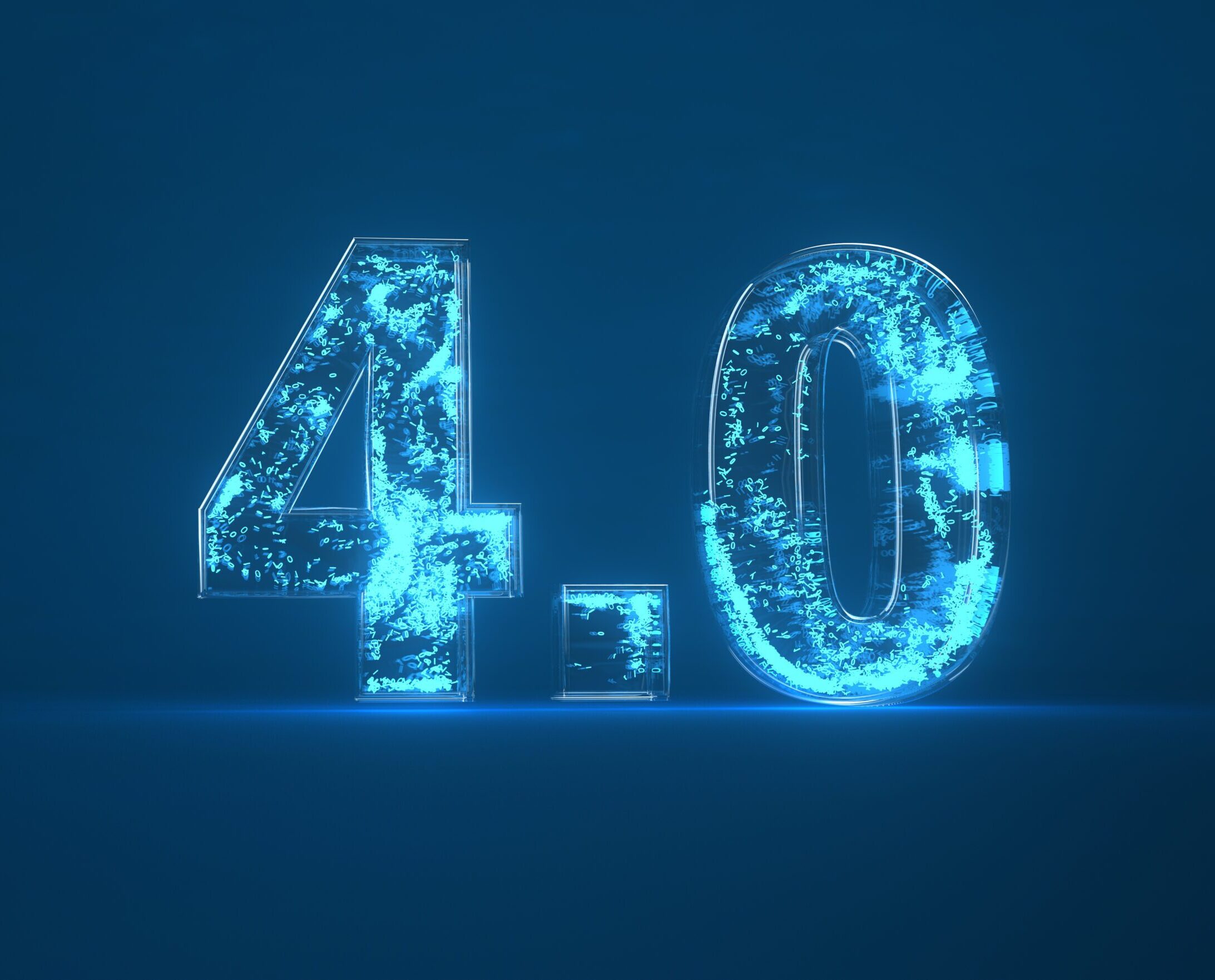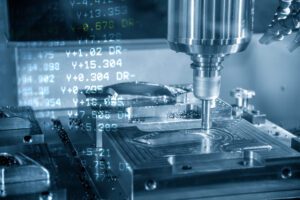The manufacturing landscape is undergoing a dramatic transformation, driven by the rapid advancements of Industry 4.0 technologies. This revolution, characterized by the convergence of physical and digital worlds, is impacting every aspect of the machining process, from design and engineering to production and maintenance.
One of the most significant impacts of Industry 4.0 is the rise of smart factories. These interconnected facilities leverage technologies like the Internet of Things (IoT), artificial intelligence (AI), and machine learning (ML) to optimize production processes, enhance efficiency, and improve quality.
Key Industry 4.0 Technologies Shaping Machining:
- IoT: Sensors embedded in machines and equipment collect real-time data on performance, maintenance needs, and production output. This data is analyzed to identify potential issues, predict maintenance requirements, and optimize production schedules.
- AI and ML: These technologies enable predictive maintenance, quality control, and process optimization. AI algorithms can analyze vast amounts of data to identify patterns, anomalies, and areas for improvement.
- Robotics and Automation: Advanced robotics and automation systems are transforming the shop floor, automating repetitive tasks, improving precision, and enhancing safety.
- Cloud Computing: Cloud-based platforms enable seamless data sharing, collaboration, and remote monitoring. This facilitates faster decision-making, improved communication, and enhanced agility.
- Cybersecurity: With increased connectivity comes the critical need for robust cybersecurity measures to protect sensitive data and systems from cyber threats.
MachiningCloud: A Catalyst for Industry 4.0 Adoption
MachiningCloud plays a crucial role in enabling manufacturers to embrace Industry 4.0. By providing a centralized platform for tooling data, seamless integration with CAD/CAM systems, and a collaborative environment, MachiningCloud helps manufacturers to:
- Optimize Tooling Selection: Access real-time information on tooling options, including performance data, pricing, and availability, to make informed decisions and optimize tooling costs.
- Improve Programming Efficiency: Automate tool selection, reducing programming time and minimizing errors.
- Enhance Collaboration: Facilitate communication and collaboration between manufacturers, tooling suppliers, and engineers.
- Gain Competitive Advantage: Stay ahead of the curve by leveraging the latest tooling technologies and optimizing machining processes.
The Future of Machining: Embracing the Industry 4.0 Revolution
The future of machining lies in embracing the transformative power of Industry 4.0 technologies. By leveraging solutions like MachiningCloud and adopting a data-driven approach, manufacturers can:
- Increase Productivity: Optimize production processes, reduce downtime, and increase throughput.
- Improve Quality: Enhance product quality and consistency through advanced quality control measures.
- Reduce Costs: Minimize tooling costs, optimize inventory, and improve overall operational efficiency.
- Gain a Competitive Edge: Stay ahead of the competition by embracing innovation and adapting to the evolving needs of the market.
Conclusion
Industry 4.0 is not just a technological trend; it’s a fundamental shift in how manufacturing operates. By embracing these technologies and leveraging innovative solutions like MachiningCloud, manufacturers can unlock new levels of efficiency, productivity, and competitiveness. The future of machining is bright, and those who embrace the Industry 4.0 revolution will be best positioned to thrive in this dynamic and ever-evolving landscape, ready to welcome the next industry change when we are the dawn of Industry 5.0.




